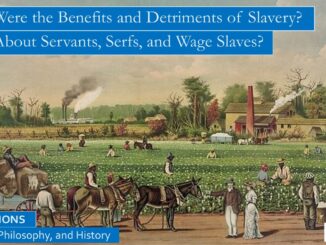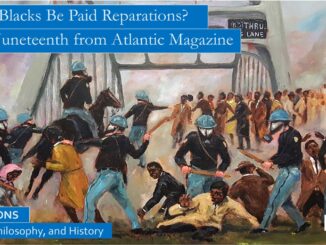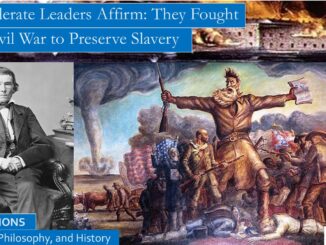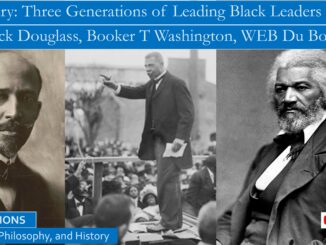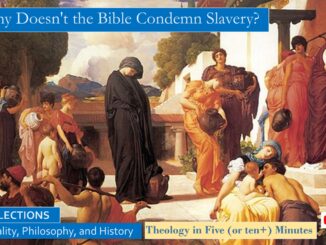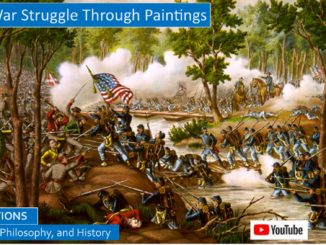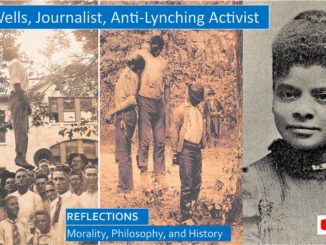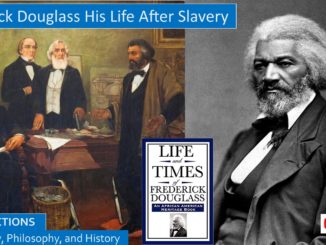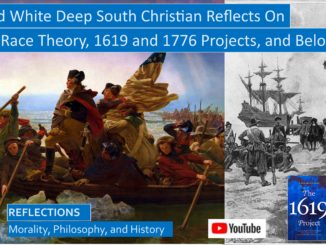The Confederate VP Stephens proclaimed:
“Our new government’s foundations are laid, its cornerstone rests upon the great truth, that the negro is not equal to the white man; that slavery, subordination to the superior race, is his natural and normal condition. This, our new government, is the first, in the history of the world, based upon this great physical, philosophical, and moral truth.”
Stephens continues, “Our confederacy is founded upon principles in strict conformity with these laws” establishing slavery. “This stone which was rejected by the first builders ‘is become the chief of the corner,’ the real ‘corner-stone,’ in our new edifice.” This is religious imagery, as Christ was proclaimed as the corner-stone of Christianity.
Furthermore, the Confederate VP Stephens proclaimed that the new Confederate “Constitution has put at rest forever all the agitating questions relating to our peculiar institution, African slavery as it exists among us, and the proper status of the negro in our form of civilization.” […]
